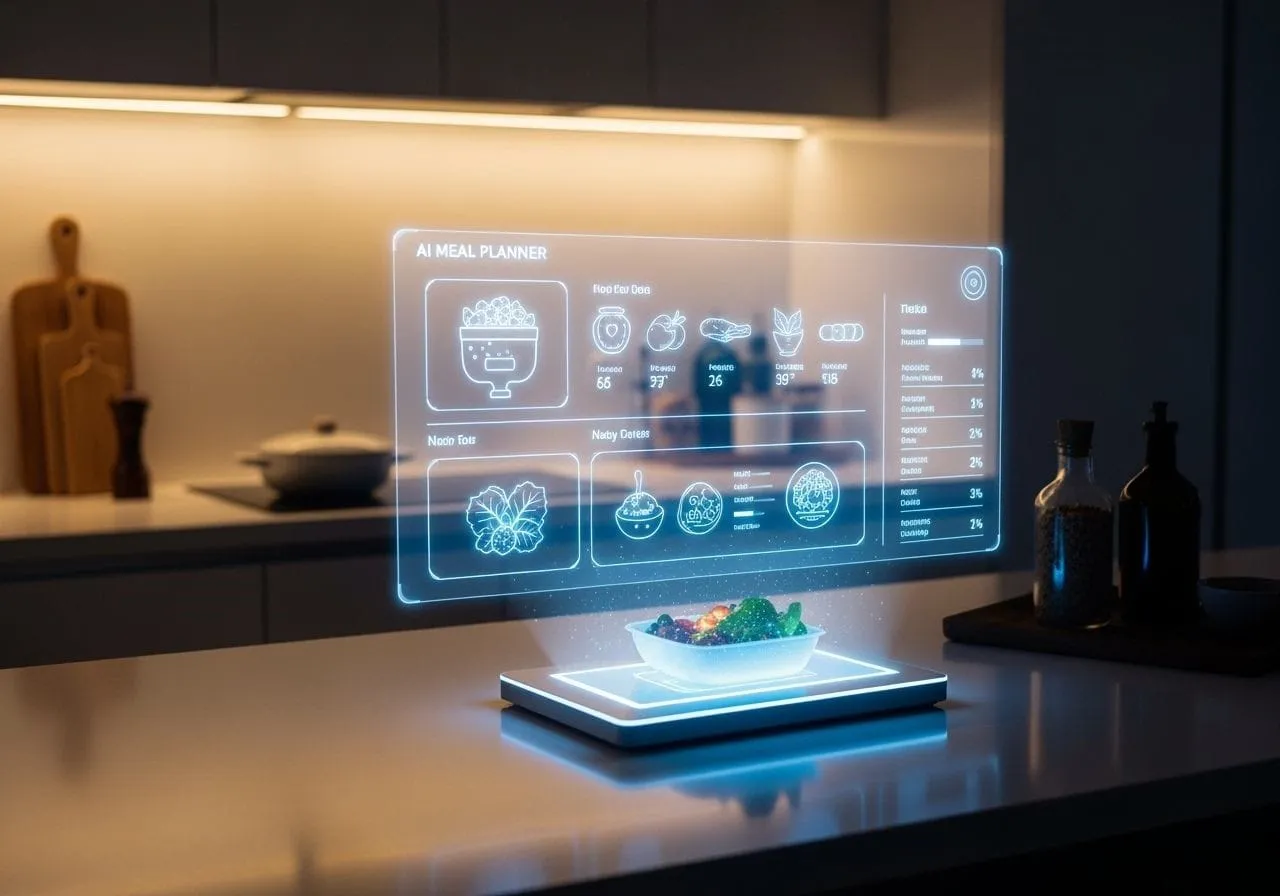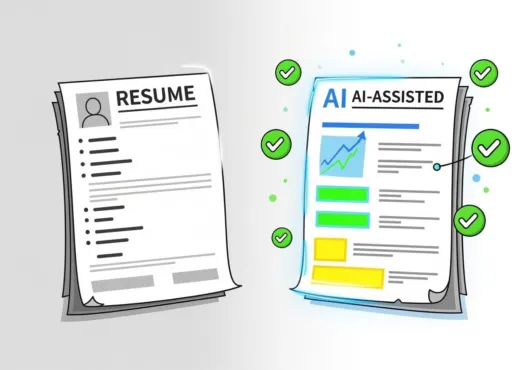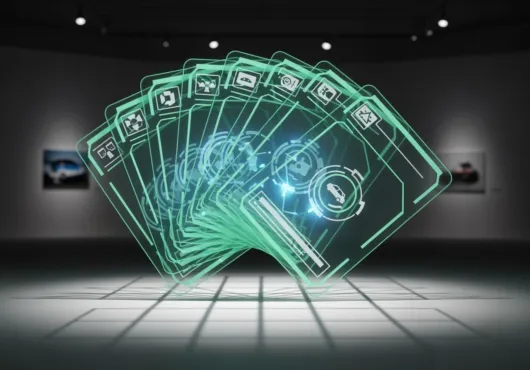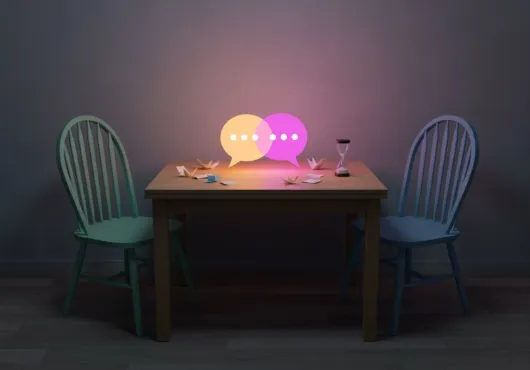There’s a certain kind of shame that comes from Googling “what’s for dinner” at 6:47 p.m. every night like it’s a spiritual practice. And if you’ve ever stared into your fridge hoping it would whisper back, you’re not alone. Enter AI—the latest digital savior, here to automate your cravings, optimize your macros, and allegedly free you from the tyranny of indecision. But does it actually help, or is it just a smug calorie calculator in disguise?
Like What You Read? Dive Deeper Into AI’s Real Impact.
Keep ReadingAI, Meet My Pantry (And Lowered Expectations)
I fed ChatGPT and a couple food-planning apps a list of what I had on hand: rice, eggs, broccoli, random sauces, and some bruised avocados I refuse to throw out on principle. The results?
- One suggested I make “Egg Fried Rice with Avocado Aioli.”
- Another gave me “Broccoli Rice Bowl with Soy Glaze and a Side of Hope.”
Points for creativity. Minus ten for practicality.
AI can technically sort your ingredients and cross-reference them with recipes. But it still doesn’t get your mood. It doesn’t know you’re tired, broke, and not in the emotional state to spiral a vegetable. It doesn’t get cravings, comfort food, or the deep psychological tether between bad days and pasta.
Smarter or Just Shameless?
Where AI shines is in brute-force sorting. It’ll crunch macros, filter gluten-free or keto options, and draft shopping lists like a caffeinated intern. Some platforms (like Whisk or Mealime) even integrate grocery delivery. It’s efficient—but don’t confuse that with smart.
It doesn’t second-guess your choices like you do. It doesn’t ask if you really want to eat lentils three nights in a row. It’ll tell you you’re out of protein, but won’t blink when you add ice cream to the plan “for balance.”
The Real AI Superpower? Making You Feel Organized
Here’s the trap: using AI for meal planning gives you the illusion of having your life together. It’s like buying a fancy notebook for productivity—you still have to write the damn list. The machine gives you a framework, sure. But you still have to cook. You still have to want to cook.
And unless the AI is going to come over and do the dishes afterward, it’s not solving the core problem: decision fatigue + low executive function + post-capitalist burnout.
Final Verdict
Is AI smarter than me when it comes to planning meals?
Technically, yes.
Emotionally? Spiritually? In a way that actually helps me eat better? Not even close.
It’s not that AI is too dumb—it’s that it’s too indifferent. It doesn’t know the weight of a Tuesday night. It doesn’t care if I cry into my stir fry. And maybe that’s what makes it so good at this, and also so bad.



